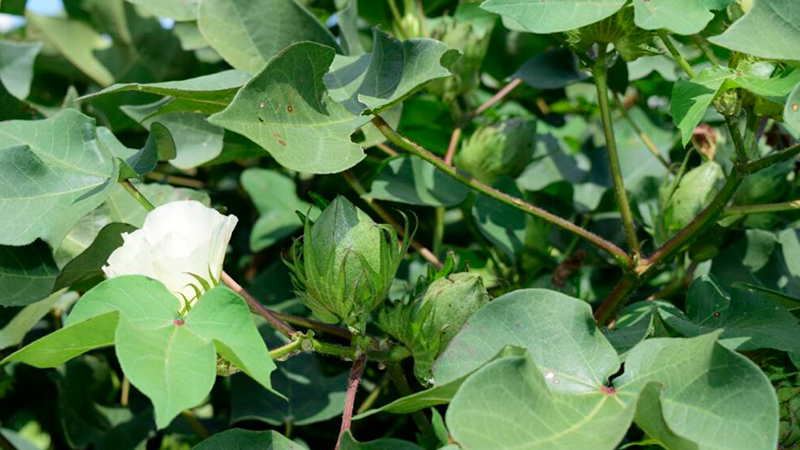Countries Benefit from Biotechnology in Cotton
The Round Table for Biotechnology in Cotton met for the first time in Buenos Aires, Argentina on September 4, 2011. The Round Table is composed of ten members from ten countries.
Members of the Round Table agreed that all countries that have adopted biotechnology in cotton have benefitted in various ways, including environmental safety, higher yields or lower production costs.
It was noted that countries adopting biotechnology must have resistance management strategies in order to ensure that the technology will be sustainable. In India, adoption of biotech cotton has encouraged variety developers to focus on upland hybrids with bt genes. Consequently, the area under other species of cotton, including extra fine cotton, that had been popular in the past has been squeezed to a minimum.
Many members of the Round Table are concerned about the high cost of the technology. It was noted that high technology fees provide an incentive for illegal seed distribution.
Experts agreed that countries must have a suitable legal framework prior to the commercialization of biotech cotton, including the safeguarding of intellectual property rights, biosafety protocols, and the approval to grow biotech products. The Round Table agreed that optimum use of the technology demands coordination among all segments of the cotton industry. Some producing countries reported that they experienced trade issues from importing countries.









